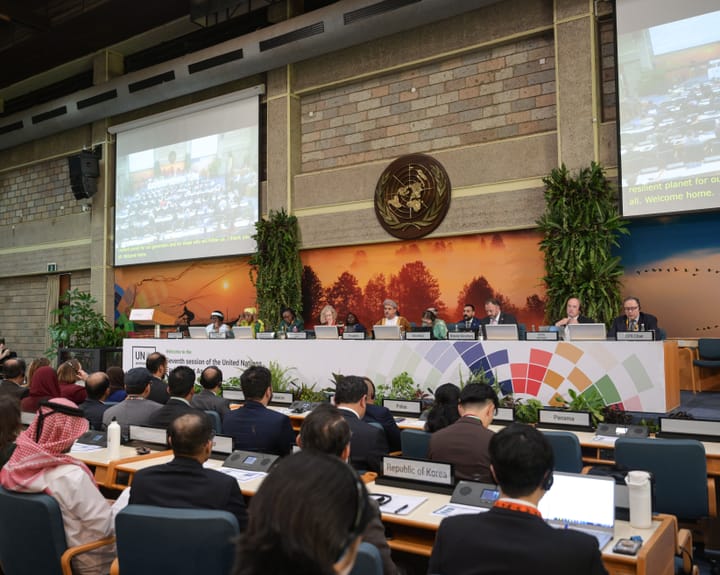had the right to defend itself, but what followed has been a devastating humanitarian crisis that has shocked global observers. The recent shift in tone from UK politicians reflects growing unease over the scale of suffering in Gaza, even as diplomatic efforts stall.
The issue erupted unexpectedly during a BBC Radio 4 interview when chef Yasmin Khan became emotional while discussing her cookbook. She brought attention to mothers in Gaza unable to feed their babies, a stark contrast to her own experiences. The moment underscored how deeply the crisis has penetrated public awareness, even among those distant from political debates.
Images of malnourished children are unmistakable in their message—this is famine, unfolding in real time. Unlike past crises caused by natural disasters, the World Health Organization describes this as a preventable, man-made catastrophe. Aid is being obstructed, leaving families to risk their lives for basic necessities or face starvation.
Reports indicate that over 1,000 people in Gaza have died while trying to secure food. Even humanitarian workers are struggling; Médecins Sans Frontières has said its own staff are going hungry due to severe shortages. Meanwhile, journalists covering the crisis are weakened by the very conditions they document.
Back in the UK, frustration grows as critics accuse the government of inaction. Calls to prosecute war crimes have been overshadowed by crackdowns on activism, while ministers have been quicker to address unrelated protests. Some Labour MPs are pressing for tangible measures, including recognition of Palestinian statehood, arguing that delaying any longer makes little sense as conditions worsen.
While symbolic, such recognition would at least signal solidarity. The broader plea, however, seems directed at Prime Minister Keir Starmer—to acknowledge the gravity of the crisis and act decisively. The political landscape has shifted, and public sentiment is turning. The question now is whether the UK will move beyond rhetoric and take meaningful steps to address the suffering.
Read next

Africa's Warning on Solar Geoengineering Risks Gains Editorial Backing
It is appropriate that this week’s United Nations environmental discussions are happening in Nairobi, as Africa plays a central role in shaping global climate dialogue. Diplomats from the continent are addressing the complex issue of whether attempting to cool Earth by reducing sunlight exposure is a prudent approach. While

Might Narcolepsy Medication Revolutionize the World?
Breakthroughs in Sleep Science Reveal Surprising Insights
During a conversation with a pharmaceutical researcher, I learned of significant progress in sleep medications. One promising development targets narcolepsy, though its method could also address broader sleep issues like insomnia, much like how certain unexpected innovations find wider applications — akin to adhesive

"Far right still dominant in Netherlands despite Wilders' government setback"
Dutch Voters Head to the Polls Amid Political Instability
On Wednesday, Dutch citizens will cast their votes once again, marking the ninth election for the Tweede Kamer—the legislative chamber of the Netherlands’ parliament—in this still young century. In some respects, the country has come to resemble Italy in

